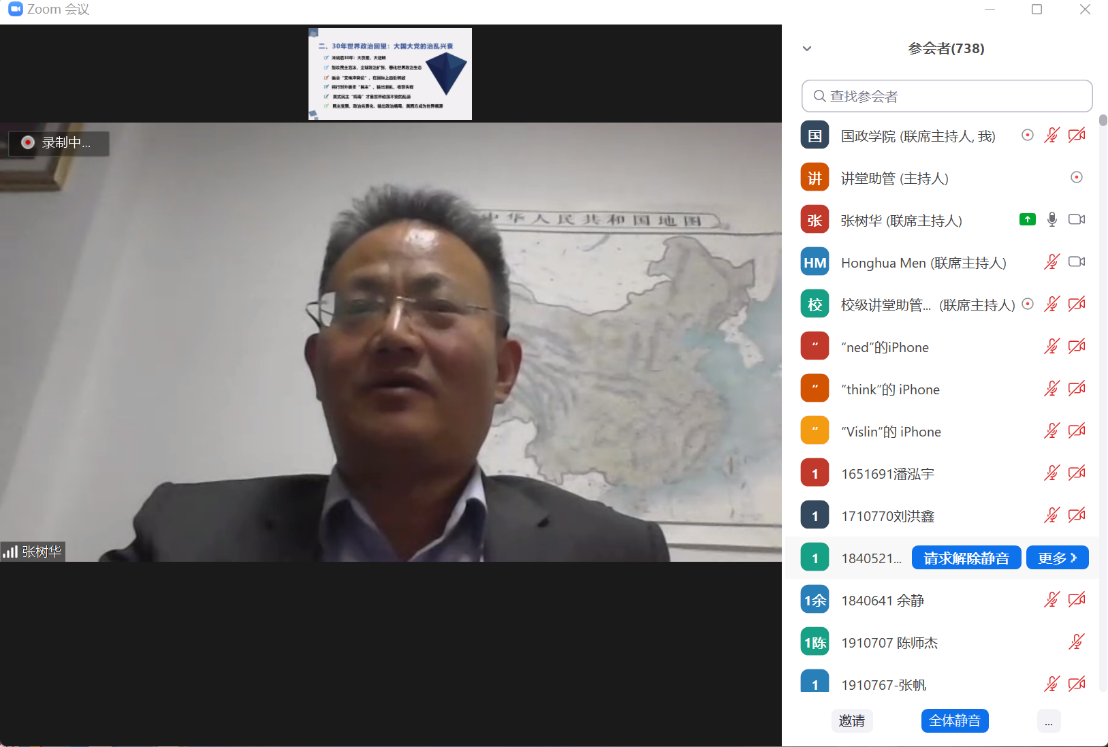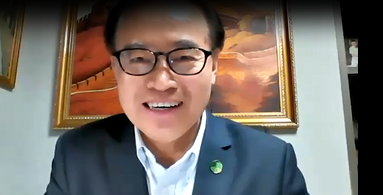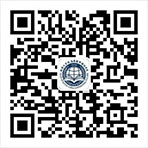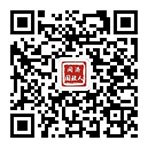
Lecture on “World Changes and Chinese Governance” by Prof. Zhang Shuhua, Executive Vice President of Chinese Association of Political Science, held successfully
On the evening of April 14, 2022, hosted by Institute for China & World Studies and the School of Political Science & International Relations (SPSIR) of Tongji University, the 46th lecture of Tongji Serial Lectures on Social Sciences & the 92nd lecture of Tongji Advanced Lectures for Graduate Students was successfully held online. Professor Zhang Shuhua, Dean of the School of Government of UCASS, Director of the Institute of Political Science of CASS, and Executive Vice President of the Chinese Association of Political Science (CAPS), was invited to deliver a lecture on "World Changes and Chinese Governance". More than 700 students and teachers from Tongji University participated in this online lecture, which was moderated by Dean Men Honghua, a distinguished professor of the Changjiang Scholars Program of the Ministry of Education.

Prof. Zhang’s lecture was composed of four parts: "political dynamics in today’s changing world", "30 years of world politics in retrospect: the rise and fall of major powers and parties", "reflections on and criticism of American democracy", and "Chinese governance in the perspective of world politics".
Firstly, Prof. Zhang made an in-depth analysis of the chaos and changes in the world, the world trends, and the rise and fall of political parties and national governance, proposed the historical opportunities and risks and challenges for China under such a changing situation, and then elaborated on the political dynamics of today's great political changes in the world. He argued that the "rising east and falling west" in the international balance of power is the most significant feature and trend of the changes, and that economic technology and development path are pivotal to the world pattern. The Western world is stumbling in the midst of persistent political, economic, and social development difficulties, as evidenced by the Black Swan events, the wave of anti-globalization, and the refugee crisis in Western countries. China has created two world wonders: rapid economic development and long-term social stability, and is making strides toward its second centenary goal. As the world is now entering a new round of turbulent changes due to the combination of the profound changes unseen in a century and the COVID-19 pandemic, the disputes among major powers over political values such as democracy, freedom, and human rights have become more intense. The world is standing at the crossroads of historical choices. The Western camp is trying hard to suppress Russia and bring down Putin, while Russia is sending troops to Ukraine. The world is so divided and confronted that it is almost on the verge of a full-scale conflict. Information war, public opinion warfare, and hybrid warfare have contributed to a three-dimensional and diversified confrontation.
Secondly, Prof. Zhang said that the world politics in the past 30 years has experienced the rise and fall of major powers and parties. In the 30 years after the end of the Cold War, the world has formed a situation of great contrasts and reversals. Since the 1990s, the Western camp has expanded its political and economic influence in the name of "democracy and freedom". Tearing up diplomatic agreements and turning a blind eye to Russia's opposition, it is outrageously advancing the NATO’s eastward enlargement scheme. It is because of the Western countries' reckless efforts to export democracy that the international community has been seriously divided and the international political ecology has deteriorated drastically in the past 30 years due to the continuous splits of nationalities and religious & racial conflicts. He pointed out that the forced peddling of democracy and the Clash of Civilizations theory is the root cause of the deterioration of democracy and political degradation, and the "virus" of American democracy is the source of the world's turmoil and unrest.
Next, Prof. Zhang examined and criticized American democracy from the angles of the analysis of democracy issues, the pitfalls of Western democracy, the development of a correct concept of democracy, and the breaking of the myth of American democracy. He argued that democracy is a special and typical political phenomenon of human society. The pitfalls of Western democracy are: politically, the West pushes its democracy and the free market model to the extreme, believing that the Western model is universal and supra-national, running through human history; in practice, the West promotes it democracy as a foreign policy and exports the “freedom and democracy” model extensively to the rest of the world, leading to constant international tension; in ideology and public opinion, the West universalizes "freedom and democracy" and makes it a Western standard that everyone should follow, and incites conflicts among nations, civilizations and religions. In this context, it is urgent to develop a correct concept of democracy and break the myth of American democracy. Prof. Zhang argued that in the midst of the profound changes unseen in a century, China needs to academically deconstruct Western freedom and democracy and construct its own discourse and logic.
In the last section, Prof. Zhang discussed Chinese governance in the perspective of world politics from eight aspects, including the conceptual analysis of good democracy and good politics, the opening of a new path of world politics, and how to narrate Chinese governance to the world. According to the results of a survey on the overall trust in government between China and the United States in the past five years, the trust in the Chinese government shows a gradual increase versus a decline in trust in the U.S. government year by year. This also highlights the success of Chinese governance, which is the first modernization practice by a non-Western, non-capitalist Eastern power in centuries, and the greatest and most successful practice of scientific socialism in the contemporary world. He further pointed out that Chinese democracy is a people's democracy, an autonomous and endogenous democracy, and a development-oriented democracy with quality content and effective forms. People's democracy overcomes the logical paradoxes of marketization and democratization that are difficult to resolve in American textbooks. At this time, Chinese governance shines alone, and it is high time to spread the Chinese narrative. Prof. Zhang emphasized that we should forge a strong political centripetal force based on the CPC leadership and multi-party cooperation as well as a great unity of the Chinese nation.
The keynote speech was followed by a Q&A session, in which Prof. Zhang gave detailed and insightful answers from Tongji students and teachers on the political core of Chinese governance, the historical timing of "westward transmission of eastern wisdom", the way to improve Chinese democracy, the nurturing of Chinese approach by traditional culture, and China’s participation in the reform of the global governance system.

After that, Prof. Men concluded that with the exploration of democracy as the main line, Prof. Zhang discussed world changes and Chinese governance, explored the logic behind the world chaos and changes, and revealed the impact of some of the chaos and political decay at the beginning of the Cold War; he made a strong point, with vivid details and rigorous logic, that the West, especially the U.S., is to blame for the world chaos; and on the basis of in-depth analysis, he emphasized that we should have confidence in our own value, system and democracy, advocate the Chinese approach and Chinese governance, and maintain a strategic focus. Prof. Zhang summarized the causes of good governance in the East and the chaos in the West, explored the ways of lasting stability for China and other countries, and discussed China's possible contributions to the future of the world and global governance against the background of positive interactions between China and the rest of the world. His lecture shows the spirit of looking up at the stars while being firmly grounded, and reflects a broad mind and a grand vision of scholars like him to promote the study of world politics.
In closing, on behalf of Tongji, Prof. Men thanked Prof. Zhang for bringing this wonderful lecture to Tongji teachers and students, and looked forward to his visit to Tongji to pass on his valuable experience when the lockdown is lift.






